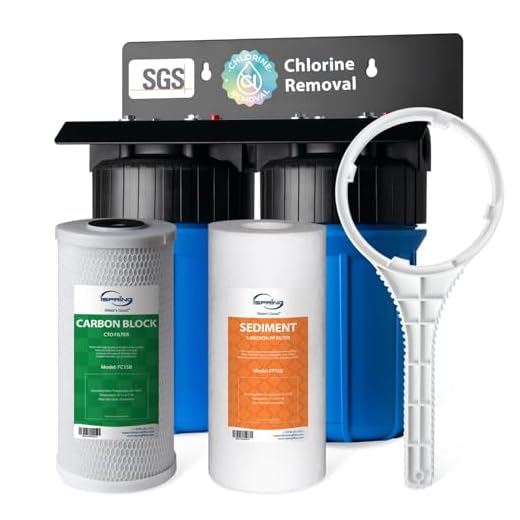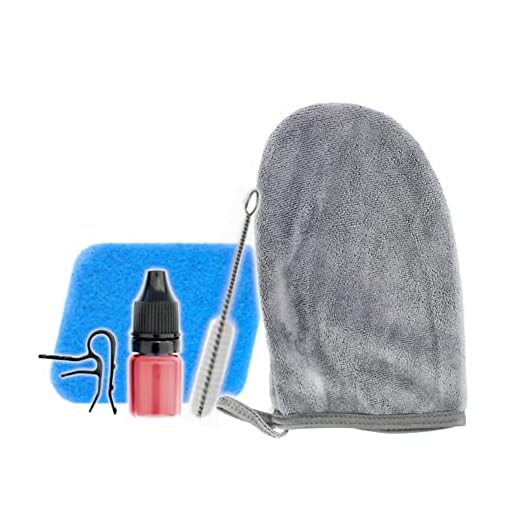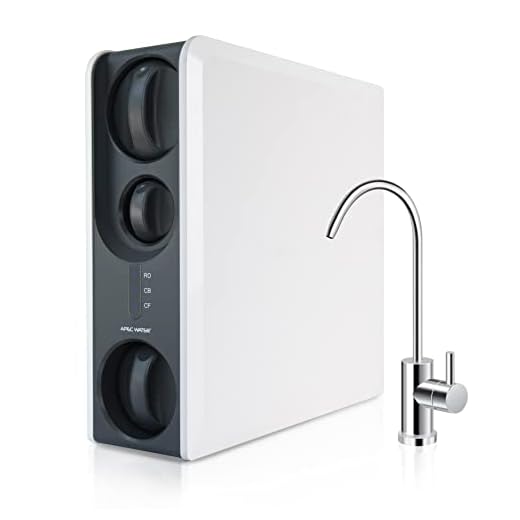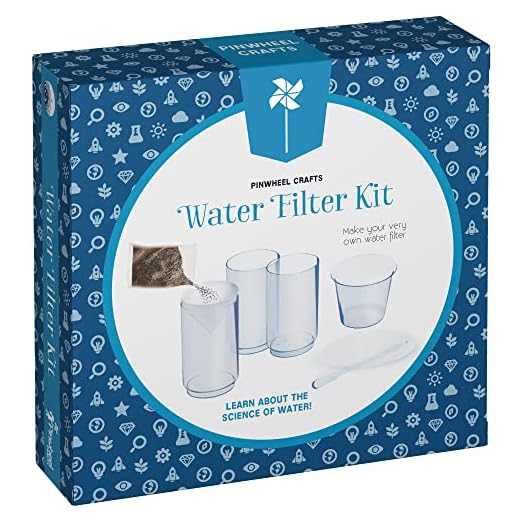




DIY Troubleshooting Techniques
Many common issues with water filters can be diagnosed and resolved by homeowners using straightforward techniques. Regular inspection of all parts, including filters, tubing, and connections, can help identify potential problems. Make sure to check for visible blockages or leaks. Replacing filters according to the manufacturer’s recommendations can often improve performance and extend the life of the system.
It’s also helpful to monitor the taste, odor, and clarity of the water. Unusual changes in these qualities may indicate issues such as contamination or filter exhaustion. Cleaning components that are not disposable can also prevent buildup that affects water quality. Taking these simple steps can often lead to effective solutions without the need for professional intervention.
Simple Steps for Homeowners
Homeowners can take several straightforward steps to troubleshoot their water filters effectively. One of the first actions is to inspect the filter for any visible signs of damage or blockage. Checking the filter housing, seals, and connections can help identify leaks or gaps that may compromise the filter’s performance. Cleaning or replacing pre-filters, if applicable, often improves the system’s overall functionality.
Another essential step involves reviewing the manufacturer’s guidelines regarding filter replacement and maintenance schedules. Many filters require regular changes to ensure optimal performance. Keeping a record of replacement dates helps prevent overlooked maintenance. Additionally, monitoring the water flow and quality can provide early clues about potential filter issues, allowing for timely interventions before more significant problems arise.
When to Seek Professional Help
Recognizing the signs that indicate when assistance is needed can save time and resources. If a water filter system continually fails to produce clean water despite regular maintenance or basic troubleshooting, it may signal a deeper issue. Persistent leaks, unusual noises, or a drastic drop in water pressure are serious red flags. Homeowners should not hesitate to consult a professional if they encounter complex problems.
Understanding personal limits in DIY repairs is essential to avoid potential damage or health hazards. Some water filter systems are intricate, and tampering without adequate knowledge may lead to further complications. It’s wise to seek experts who possess the necessary tools and expertise when facing unfamiliar challenges. Their experience can quickly identify underlying issues and implement effective solutions, ensuring safe drinking water flows through the home.
Knowing Your Limits
Homeowners often feel confident tackling minor issues with their water filters, but recognizing when a problem is beyond personal expertise is crucial. Some complications require specialized knowledge, tools, or experience that most individuals lack. Ignoring these limits can lead to further damage or ineffective solutions, risking both the functionality of the filter and the quality of water being consumed.
When faced with persistent problems like unusual noises, leaking, or fluctuating water quality, seeking professional help is wise. Trained technicians possess the skills and tools to diagnose and fix complex issues effectively. Understanding when to call in an expert not only saves time but also ensures the longevity of the water filtration system and maintains the safety of drinking water.
The Role of Water Quality Testing
Assessing the quality of water is a crucial step in maintaining effective filtration systems. Regular testing allows homeowners to identify potential contaminants that may affect their health. Testing kits can measure parameters such as pH levels, chlorine content, and the presence of heavy metals. These insights help in determining whether a filter requires immediate attention or if adjustments are necessary.
Understanding the source of water can further influence the filtering process. Municipal water supplies often have known issues that homeowners can investigate. Well water assessment might reveal unique challenges based on local geology. Awareness of the specific contaminants present aids in selecting the most suitable filtration system, ensuring optimal water safety and quality.
Understanding Your Water Source
The quality of the water source directly impacts the effectiveness of water filters. Higher concentrations of minerals, contaminants, and microbes can overwhelm a filtration system, leading to faster clogging or reduced filtration efficiency. Understanding these elements allows homeowners to select appropriate filters tailored to their specific water quality needs.
Regular testing of water quality provides valuable insights into what impurities may be present. This information can guide decisions about filter types and maintenance schedules. A water source rich in certain minerals may require specialized filters that can handle specific contaminants while ensuring safe drinking water.
FAQS
Why is regular troubleshooting important for water filters?
Regular troubleshooting helps to identify and resolve issues with water filters, ensuring they operate efficiently and effectively. This maintenance prolongs the lifespan of the filter and guarantees clean and safe drinking water.
What are some DIY troubleshooting techniques for water filters?
Some DIY troubleshooting techniques include checking for clogs, replacing filter cartridges, inspecting seals and connections, and flushing the system to remove any sediment buildup.
When should I seek professional help for my water filter?
You should seek professional help if you notice persistent issues that DIY methods cannot resolve, such as unusual tastes or odors in the water, leaks that cannot be fixed, or if the filter system requires complex repairs.
How can I know my limits when troubleshooting water filters?
Knowing your limits involves understanding the complexity of your filter system and recognizing when a problem exceeds your expertise. If you feel uncertain or uncomfortable with any repair, it’s best to consult a professional.
Why is water quality testing important in troubleshooting water filters?
Water quality testing is important because it helps identify specific contaminants and issues in your water supply that may affect the performance of your filter. This information can guide you in troubleshooting and making necessary adjustments to ensure optimal filtration.
Related Links
What to Check if Water Flow is Reduced
What to Do When Your Water Filter Stops Working

